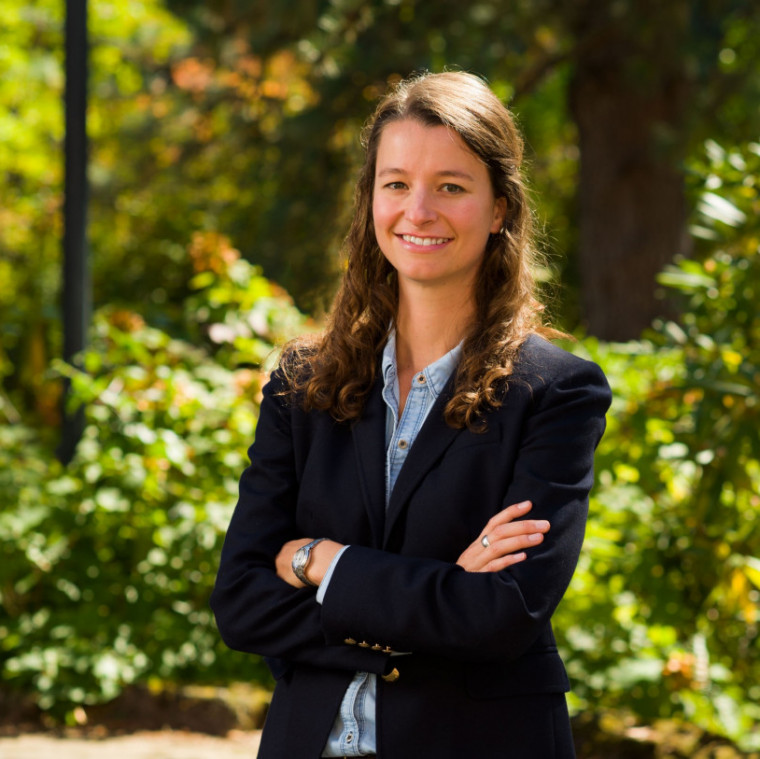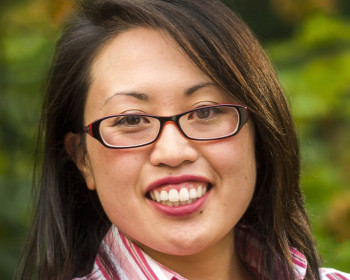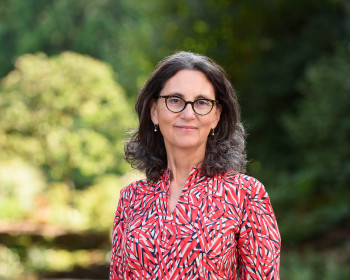Food Security and Gender in Northern Tanzania
Open gallery

The Gender, Agriculture, and Assets Project, Phase 2 (GAAP2) has recently awarded $50,000 in supplemental funding to support the project, “Food Security and Gender in Maasai Households: An Application of Pro-WEAI (Project Women’s Empowerment in Agriculture Index) to Northern Tanzania”. This research project was started in 2015 by Assistant Professor of Economics Aine Seitz McCarthy and her colleagues from the University of Minnesota and Savannas Forever (SFTZ) with $100,000 in initial grant funding. The project employs a new quantitative measurement of women’s empowerment—an instrument called the Women’s Empowerment in Agricultural Index (WEAI). Dr. McCarthy’s Tanzania study is part of a network of projects around the world implementing WEAI to measure women’s empowerment across the developing world. This particular study examines women’s empowerment in the Maasai tribe of northeastern Tanzania, a population historically known for oppression of women and girls.
The first grant allowed the research team to use WEAI to conduct fieldwork, collect both quantitative and qualitative data, and complete a baseline survey on the implementation of the Maisha Bora program in this remote area of northern Tanzania. Designed to address women’s empowerment and gender norms by increasing food security through improved income stability and availability of local food, the Maisha Bora program helps women in several very remote villages (Simanjiro, Longido) diversify their income sources and transition to income-generating activities that simultaneously provide food for the household. This includes programming and training in improved and sustainable livestock production; improved food security; financial literacy; entrepreneurship training; formation of savings and credit groups; gender awareness trainings; and increasing women’s asset ownership through female-only farms.
This additional $50,000 grant funding will allow the research team to return to all of the households interviewed in the baseline for a second round of qualitative data collection, repeating the study to assess the change in views about empowerment about women who have participated in Maisha Bora’s project activities. The fieldwork and data collection will happen during 2019, and the final analysis and publication on the impact of the project on women’s empowerment is expected to be complete in early 2020.
Now in her third year at Lewis & Clark, Dr. McCarthy is using her training in Applied Microeconomics, Development Economics, Demography, and the Economics of Education to simultaneously expand this work to a related project, “How does Women’s Empowerment Modify the Effect of Education on Fertility in Tanzania?” More about Dr. McCarthy’s research is available here.
More Sponsored Projects and Research Compliance Office (SPARC) Stories
Sponsored Projects and Research Compliance is located in room 208 of Albany on the Undergraduate Campus.
MSC: 47
email sponsres@lclark.edu
voice 503-768-7211
SPARC uses a team email, so please email sponsres@lclark.edu
with questions or if we can be of assistance.
Assistant Vice President
Kelly L. DelFatti, CRA
503-768-7211
delfatti@lclark.edu
Research Administrator
Jessica Sweeney, MA
503-768-7193
jessicasweeney@lclark.edu
Sponsored Projects and Research Compliance
Lewis & Clark
615 S. Palatine Hill Road MSC 47
Portland OR 97219

